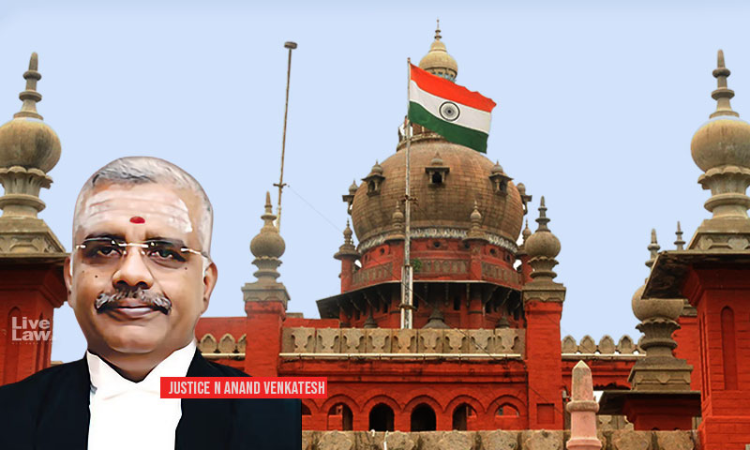Under PMLA, Jail Is The Rule And Bail Is The Exception: Madras High Court In Senthil Balaji's Plea
Upasana Sajeev
28 Feb 2024 9:13 PM IST

Next Story
28 Feb 2024 9:13 PM IST
The Madras High Court on Wednesday emphasised that though generally bail is the rule and jail is the exception, under the Prevention of Money Laundering Act(PMLA), this principle was turned and jail became the rule. Justice Anand Venkatesh made the observations while dismissing the bail plea of former TN Minister Senthil Balaji. Balaji was arrested by the Enforcement Directorate...
